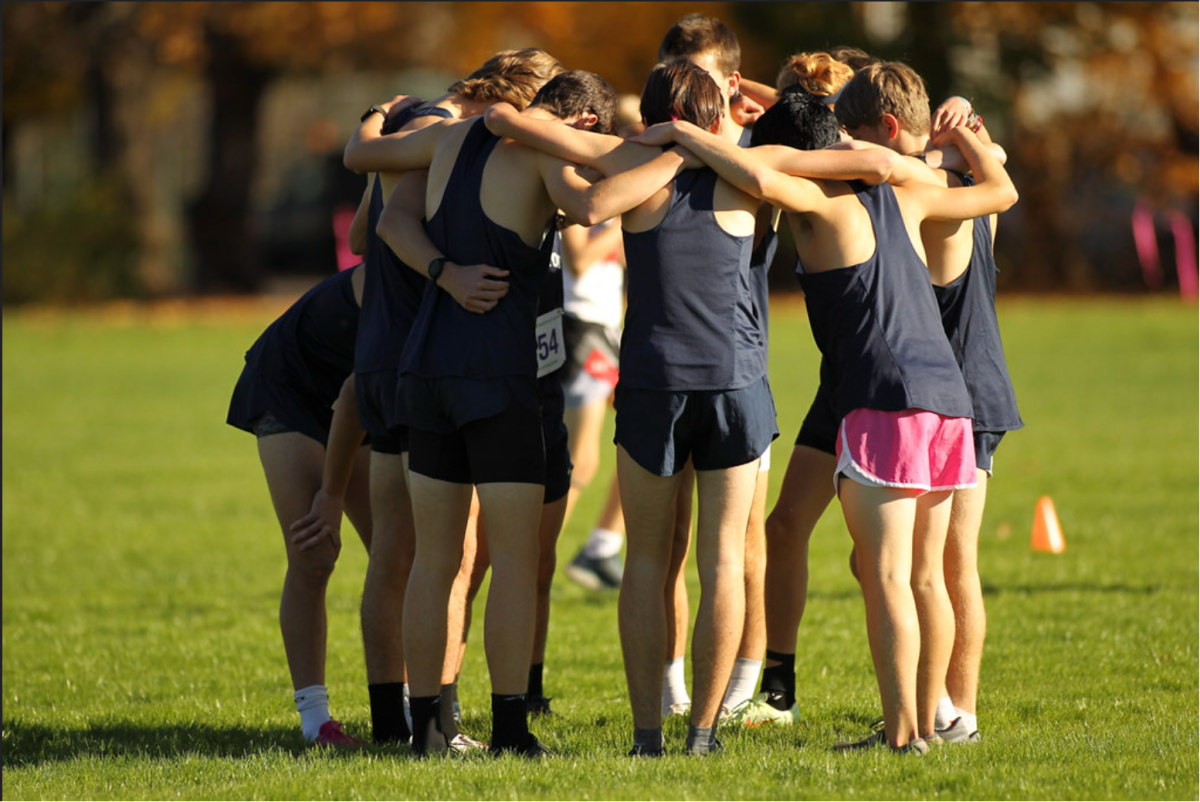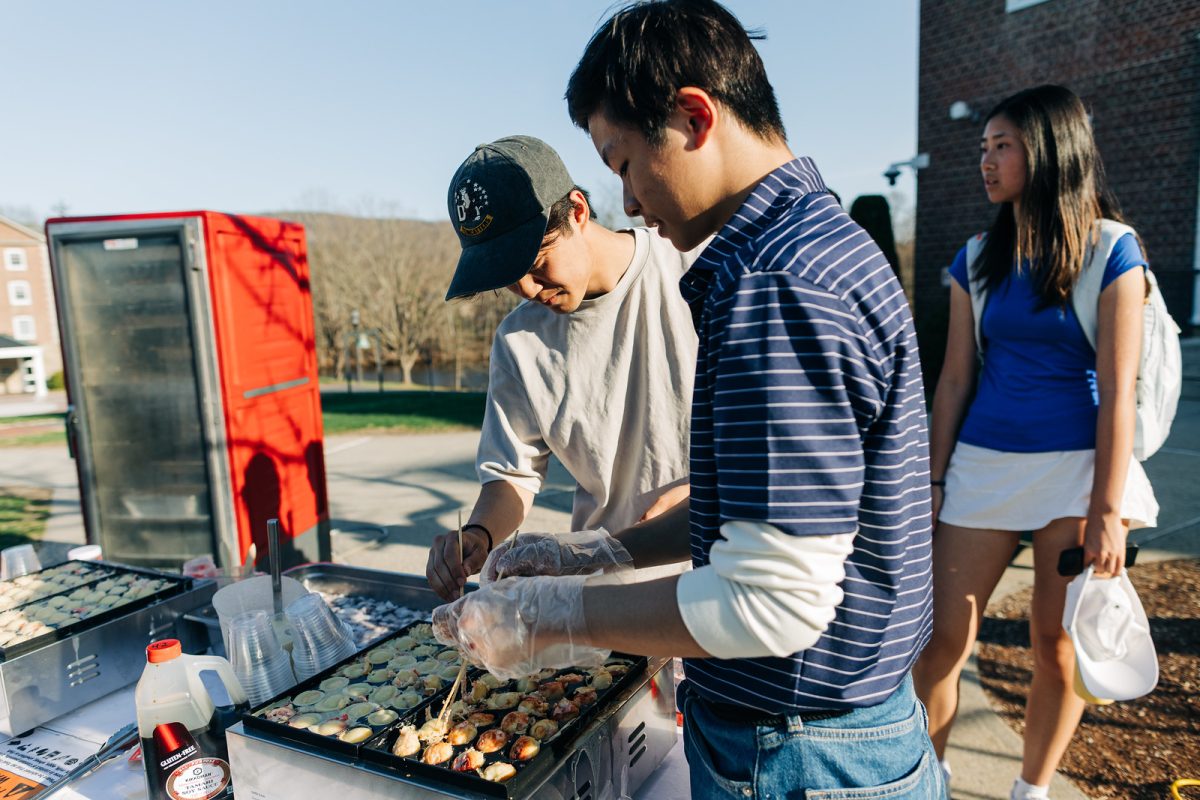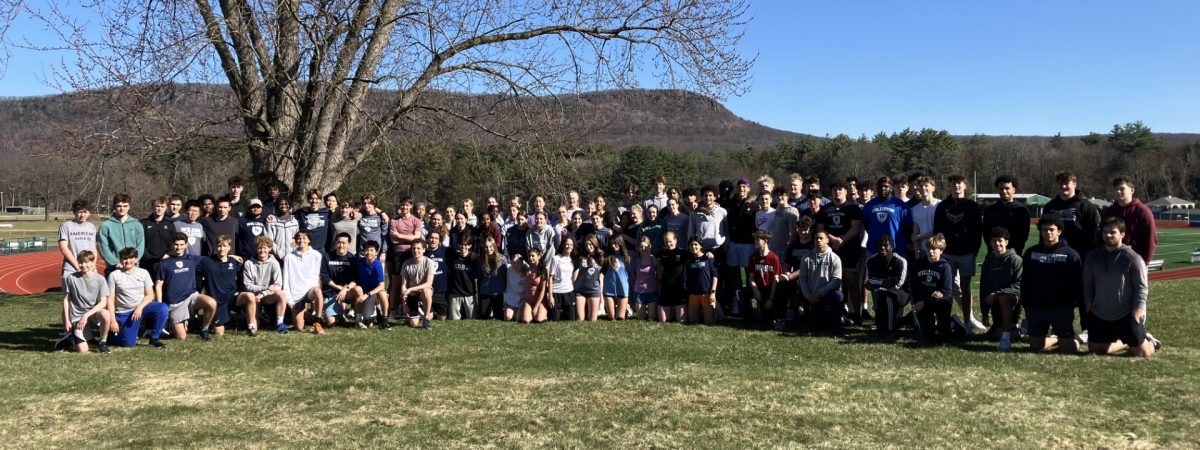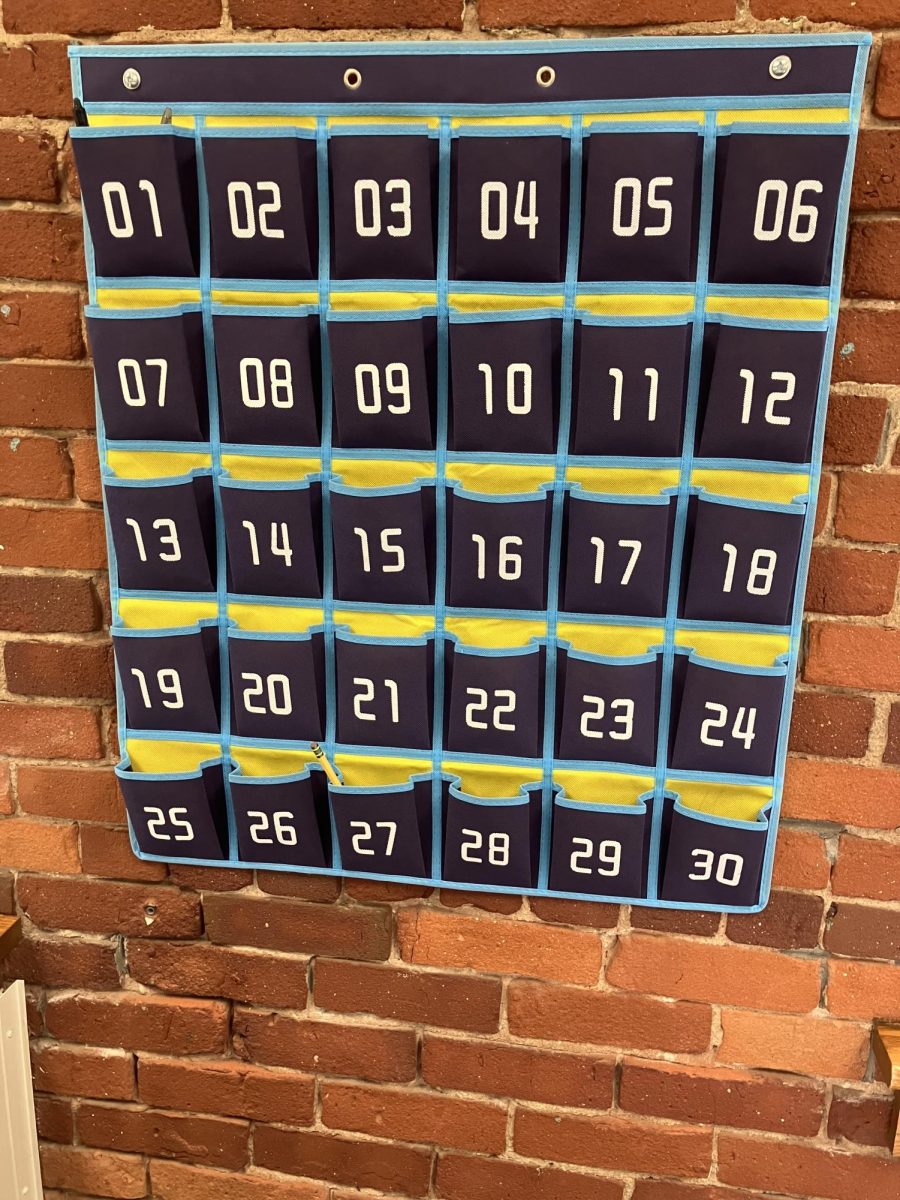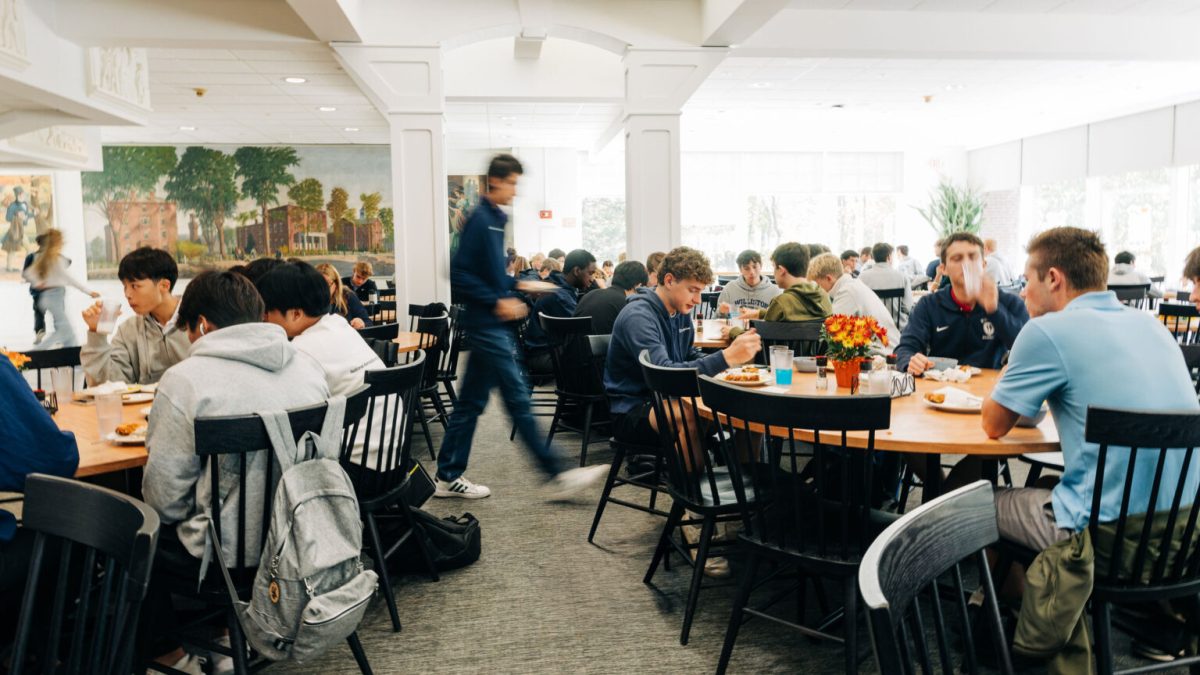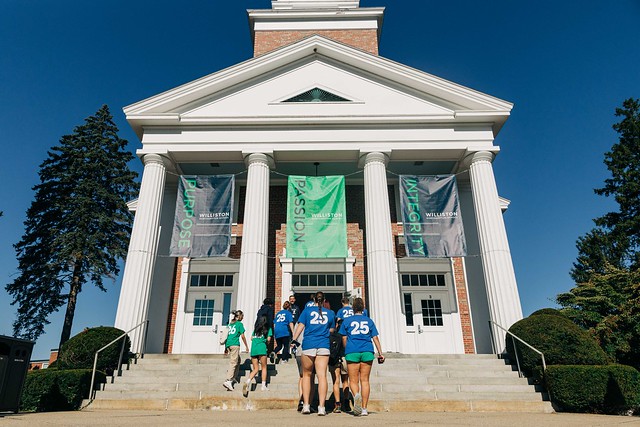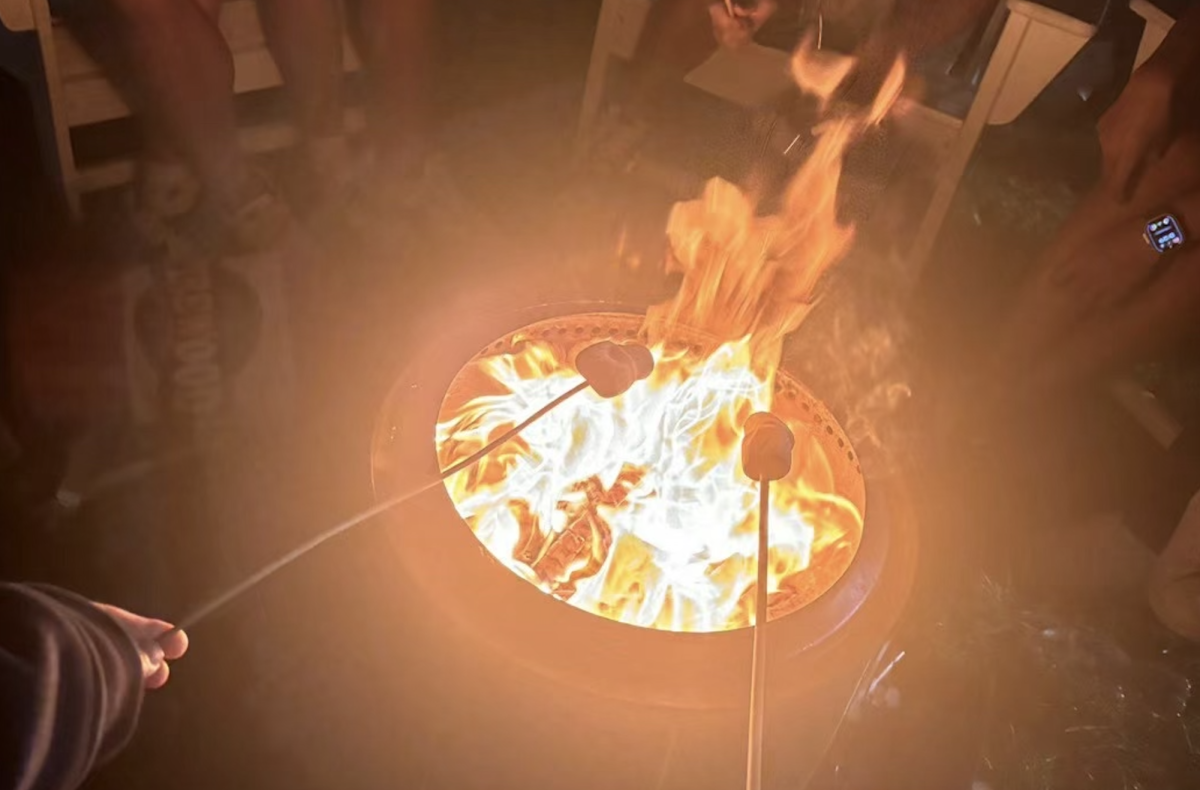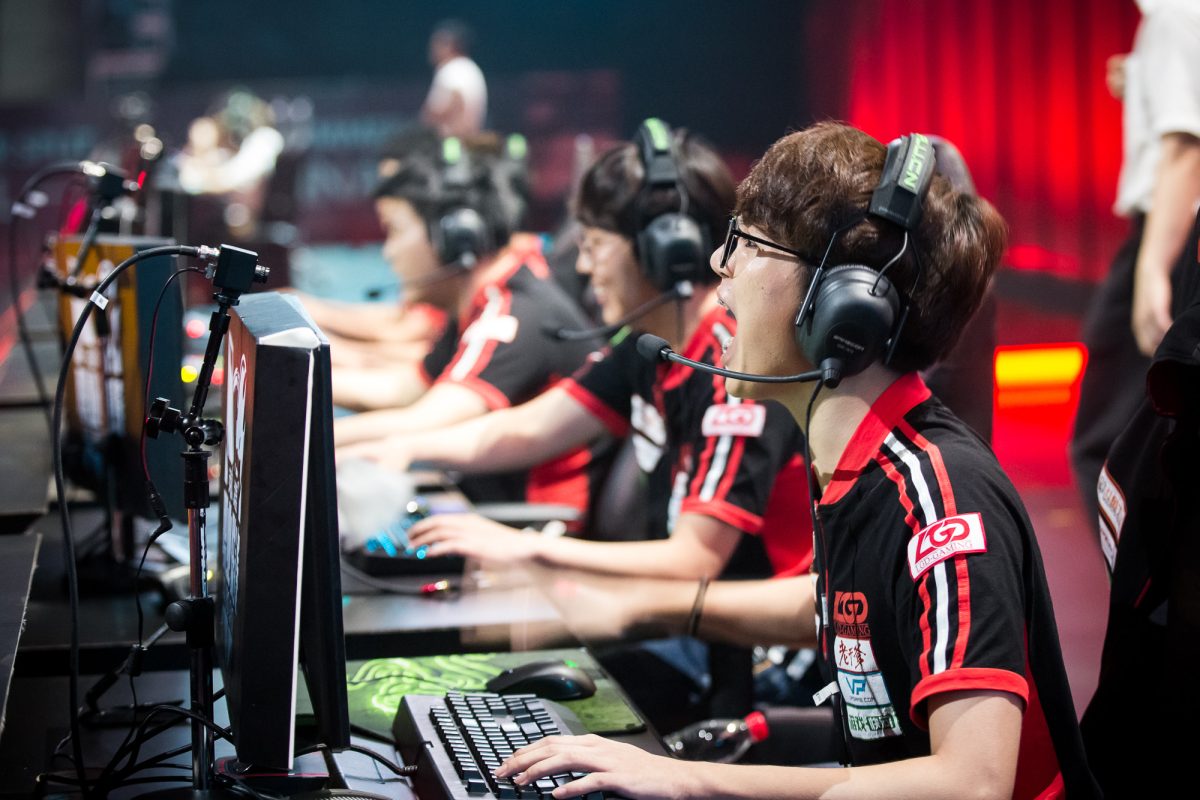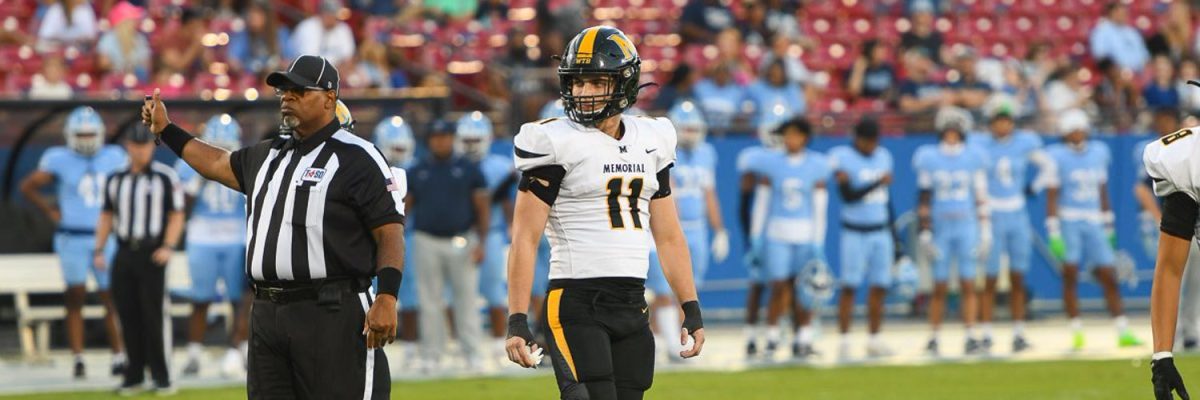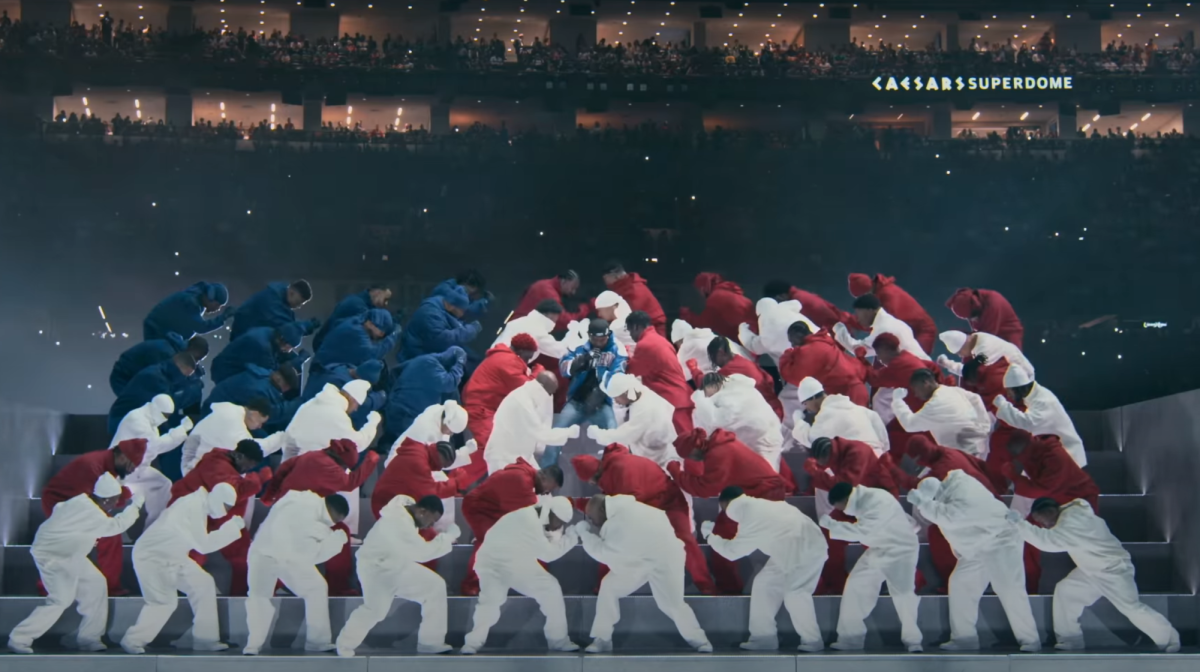The Boys Cross Country team has gone undefeated this year, wrapping up one of the most successful seasons in the program’s history.
Under the leadership of Head Coach Michael Doubleday and assistant coaches Michael Mailloux and Phil Cooper, the Boys Cross Country team has seen immense success in the last two years. Last year the team’s JV program, which was notable for its depth, won the New England Championships. The team’s varsity team finished fifth.
This year has arguably been the most successful year in the program’s recent history, with the team winning all of its normal in-season competition. The only losses of the season came during the Shaler Invitational, a large multi-school meet Williston hosts every year. Among the 16 teams that participate in the meet each year is Loomis-Chaffee, a powerhouse Division-I program. For context, Williston competes in Cross Country within Division II.
Going into the NEPSAC Championships, which caps off the season each year, the team set the lofty ambition of winning first place in the meet. While the team fell short of this goal, they did come out of the championship race with some very impressive results.
A total of 19 Williston runners competed in NEPSAC, including seven who ran for varsity and 12 who ran for JV. The meet took place on Saturday, Nov. 11, at the Roxbury Latin School in Boston.
In the varsity race the team had two finishers—Jonah Berry Brown ’24 and Brody Richardson ’26– in the top 20. Brody placed sixth in the race with a time of 17:46, while Jonah finished in 18:23.
In the JV race Williston had two runners placing in the top 20—Jackson Estes ’24 and Olin Rose-Bardawil ’25. Jackson ran near the front of the pack for most of the race, ultimately finishing in an impressive third place.
Williston has a rich tradition in cross country—a tradition that goes back to the inception of the program at the school in 1963. The cross-country program was founded by Alan “Al” Shaler, a legendary athletic figure who is the namesake of the Shaler Invitational. Shaler coached the sport until his retirement in 1999.
Since then the program has seen great competitive success, winning many of its meets and consistently placing well in the NEPSAC championships. Many members of the team have also gone on to compete in cross country in college.
The team is also notable for its camaraderie and strong team culture, which draws many to the sport. While some of the team’s members train consistently in the off-season with the hopes of running in college, others come to the team with less experience but eventually develop a love of running and choose to continue in the sport for longer than planned.
The team also mixes fun and lightheartedness into the rigor of its daily training regimen, which helps its members bond during practices and on race days.
Jeremy Dube, a senior from Redondo Beach California, was initially drawn to the supportive atmosphere of the team when he joined his sophomore year.
Jeremy came to Williston with the plan of focusing on hockey as his main sport but gained a passion for running after his first season. He is now one of the team’s two captains, having contributed important leadership to the team in this role.
“After seeing how inclusive and hardworking the team was, I decided to fully switch over and become a full-time runner,” Jeremy said.” Every day you come to practice, people are excited to be there and there’s a sort of lightness about everything.”
Jeremy appreciates the balance between fun and rigor on the team, especially in a sport that is known to be physically grueling.
“No one is serious 100% of the time,” he explained. “When it’s time to have fun and play Spikeball before practice, we have fun. But when it’s time to hit another 800-meter rep around the track during a workout, everyone is battling to finish.”
Coach Michael Mailloux, who has been coaching the team for two years, also attributes the team’s success in the past two years to its great atmosphere.
“Most important is the culture of the program,” Mailloux, who ran cross country and track in college, told The Willistonian. “If you come to our practices, at the beginning you see everyone messing around socializing, playing Spikeball or some other game—you know people on the team are happy and having fun.”
Mailloux believes that it is this type of culture that helps the program retain athletes each season.
“This helps not only attract people to the program, but keeps them coming back year after year,” he said. “When you have someone in a program for multiple years, it deepens the sense of commitment they have to one another and to the team.”
Summer training is also an important element of any cross-country team’s success. In cross country, the mileage runners log the summer can often be just as important as the miles they run once the season has officially started. This past summer nearly all of the team’s varsity and many of its JV runners ran consistently over the summer, a testament to how committed the team’s members truly are.
“For a program to be successful, you need runners to train over the summer,” Mailloux said. “As Coach Doubleday likes to say, the season [actually] starts in June or July.”
Coach Doubleday likes to frequently emphasize the importance of summer training to his runners, as shown in his often-repeated mantra that “the season is won over the summer.”
For Doubleday, the team’s success can mostly be traced back to the running that takes place during this period.
“Most important is the work that many of the boys put in during the summer,” he said. “They have bought into the concept that the cross-country season begins in June and start the school year in great shape.”
Despite its many enjoyable aspects, cross country can be a very demanding sport both mentally and physically. Each runner faces highs and lows throughout the season—and because runners train to peak at the end of the season, it is not unusual for them to have races that leave them feeling disappointed in the middle of the season.
“It is normal for student athletes to plateau at some point, which can be a bit of a disappointment,” Coach Phil Cooper, who joined Williston as a science teacher and coach this year, explained. “But what works to keep the team momentum going when we hit the doldrums is good leadership and shared experiences.”
Like Cooper, Coach Mailloux sees the shared experiences of the sport—the highs and the lows, the joy and pain—as an integral part of getting through the sport’s tough moments.
“This bond is what helps to push each other in the hard workouts and races … and find joy in knowing you are all sharing in the pain,” he said. “That’s an experience I find truly special.”



